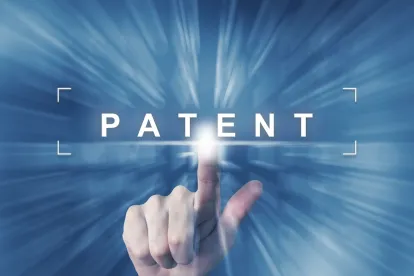In a notable, albeit not surprising, U.S. Federal Circuit decision today, the panel in Celgene Corp. v. Peter confirmed that an inter partes review finding of unpatentability of a pre-AIA patent is not an unconstitutional taking. (slip op. 2018-1171 (July 30, 2019)).
Noting an opening in the recent Supreme Court decision in Oil States, the Federal Circuit deemed the circumstances exceptional as their basis for review of an issue not before the PTAB in the underlying proceeding. The panel reasoned that the proceeding being “curative” in nature, and the approximately forty year period of time in which PTAB proceedings have existed subjecting granted patents to potential cancellations for that duration weighted against any unconstitutionality.
For example, ex parte reexamination and inter partes reexamination were both available when at least one of Celgene’s patents-at-issue were filed. “Celgene’s… patents were therefore granted subject to existing judicial and administrative avenues for reconsidering their validity.” (Id. at 29).
In coming to this conclusion, the panel further reasoned that IPRs “do not differ sufficiently from the PTO reconsideration avenues available when the patents here were issued to constitute a Fifth Amendment taking.”
The similarities in purpose, procedure, and burden between the proceedings further weighted in favor of the panel’s finding. The panel pointed to Supreme Court law that “described district court challenges, ex parte reexaminations, and IPRs as different forms of the same thing—reexamination.” (Id. at 32 citing Return Mail, Inc. v. United States Postal Serv., 139 S. Ct. 1853, 1860 (2019)).
The panel further weighed into the substantive obviousness arguments of Celgene, including the PTAB’s treatment of Celgene’s alleged secondary considerations. The panel provided great deference to the PTAB’s decision on this issue, noting that the Federal Circuit is not to reweigh evidence on appeal, but rather determines whether substantial evidence supports the Board’s fact findings. Id. at 16 citing In re NTP, Inc., 654 F.3d 1279, 1292 (Fed. Cir. 2011).





 />i
/>i
